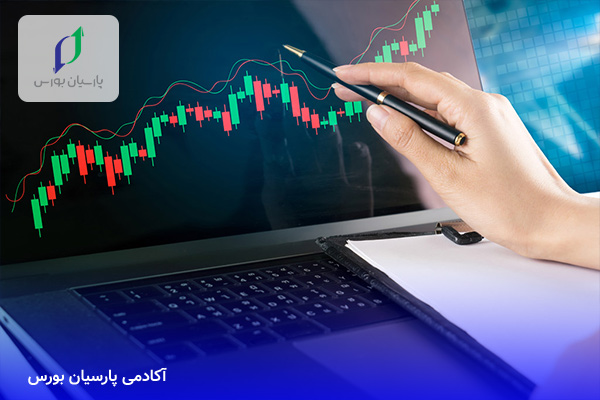Headline: Unlock the World of Forex: A Beginner’s Guide to Navigating the Forex Market

Image: forextrailingstopmethods.blogspot.com
Introduction:
In the vast expanse of the financial world, the foreign exchange market (forex) stands as a towering monolith, a realm where currencies of nations dance in an intricate ballet of exchange. Beginners often approach forex with a mix of trepidation and fascination, eager to tap into its potential gains but wary of its inherent risks. This comprehensive guide is your trusted compass, designed to empower you with the knowledge and confidence to navigate the alluring and enigmatic world of forex.
Understanding Forex
Forex, short for foreign exchange, refers to the global marketplace where currencies are traded. In this dynamic arena, where trillions of dollars are exchanged daily, governments, corporations, and individuals buy and sell currencies to facilitate international trade, investments, and speculation. Each currency carries its own unique value, determined by a myriad of factors, including economic growth, inflation, and political stability.
Embarking on Your Forex Journey
As a beginner, selecting a reliable and beginner-friendly forex trading platform is crucial. A good brokerage will provide a user-friendly interface, competitive spreads, and a comprehensive range of educational resources. Conduct thorough research, compare platforms, and read reviews from fellow traders to find the best fit for your needs.
Mastering the Art of Currency Trading
The essence of forex trading lies in understanding the dynamics of currency pairs. Currencies are always traded in pairs, such as EUR/USD (euro versus US dollar). When you buy a currency pair, you are buying the first currency (base currency) and selling the second (quote currency). The goal is to profit from fluctuations in the exchange rate between the two currencies.
Essential Forex Concepts
To navigate the forex market effectively, it’s imperative to grasp a few fundamental concepts:
- Pip: The smallest increment of currency movement.
- Spread: The difference between the bid price (what you can sell at) and the ask price (what you can buy at).
- Leverage: A tool that allows traders to increase their potential profits (and losses) by trading with more capital than they have.
- Technical Analysis: Studying historical price movements and patterns to predict future trends.
- Fundamental Analysis: Analyzing economic data and news events to assess the underlying health of a currency.
Managing Risk Responsibly
Risk management is paramount in forex trading. Implement proper strategies such as setting stop-loss orders, limiting trading size, and diversifying your portfolio. Never invest more than you can afford to lose, and always be aware of the potential for market shifts.
Conclusion:
Embarking on the forex trading journey can be both exhilarating and daunting. With the right knowledge, a reliable platform, and a disciplined approach, you can unlock the potential of this dynamic market. Remember, the path to success in forex lies not only in understanding the mechanics of trading but also in cultivating a mindset of patience, perseverance, and unwavering belief in your abilities.

Image: parsianbourse.com
Best Forex Sites For Beginners






